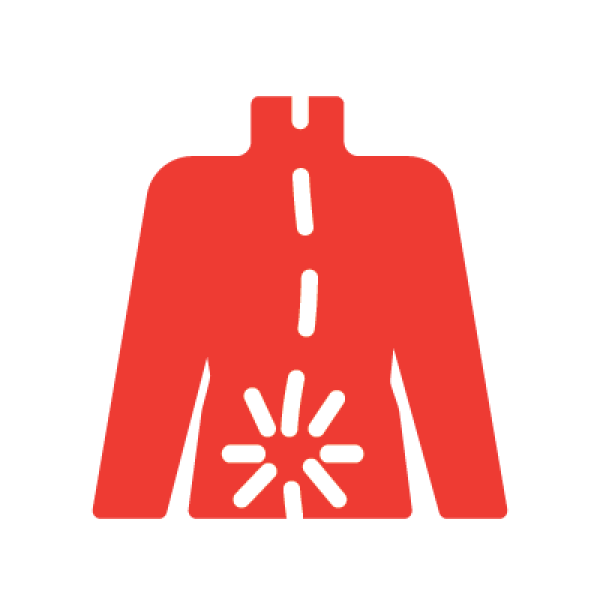Bowel Management
People with MS, especially those with advanced disease, often experience a change in their bowel patterns. Some individuals have problems moving their bowels, while others have accidental bowel movements. These are difficult issues to manage, and very upsetting to people with MS and their Care Givers. Some people must deal with both issues. This section focuses on helping you better understand the bowel problems associated with MS and provides some tips and suggestions for managing these problems more effectively.
What are the bowel issues people with MS face?
Bowel movements are dependent on nerve pathways between the brain, spinal cord and intestines. Nerves and the muscles of the bowel system are meant to work together to hold stool in the intestine and to release it when the time is appropriate. In MS, the nerves that carry these messages may not work properly. Constipation, bowel incontinence (loss of bowel control), and sometimes diarrhoea, are problems that affect people with MS. Disease-related factors such as muscle weakness and paralysis, decreased activity, fatigue, and acute or chronic pain can all impact the bowel.
- Over-active or spastic bladder medications such as oxybutynin (Ditropan®), tolterodine (Detrol®) or others • Anti-depressants (Selective Serotonin Reuptake Inhibitors such
- as Prozac®)
- Anti-hypertensive (Medications to lower blood pressure)
- Medications to treat heart problems
- Medicines to treat heartburn or reflux disease
- Painkillers (pain relief medications) containing codeine or morphine
- Medications containing iron (like a multivitamin tablet, iron supplements)
Having a person with MS and /or family members provide a history of bowel habits, diet, and activity level is critical to diagnosing and evaluating bowel problems. Sometimes an abdominal X-Ray or abdominal CT scan (CAT scan) is necessary. An evaluation by a gastroenterologist might also be indicated. Gastroenterologists can use x-rays to help analyze the way the rectum and anus are working, make measurements of squeezing pressures of sphincter muscles, or use a very small telescope to inspect the lining of the bowel (endoscopy and colonoscopy).
Bowel Care
Bowel Incontinence

Living well with urinary and bowel symptoms
In this webinar, Maire Hayes and Sinead Jordan discuss living well with urinary and bowel symptoms in MS.